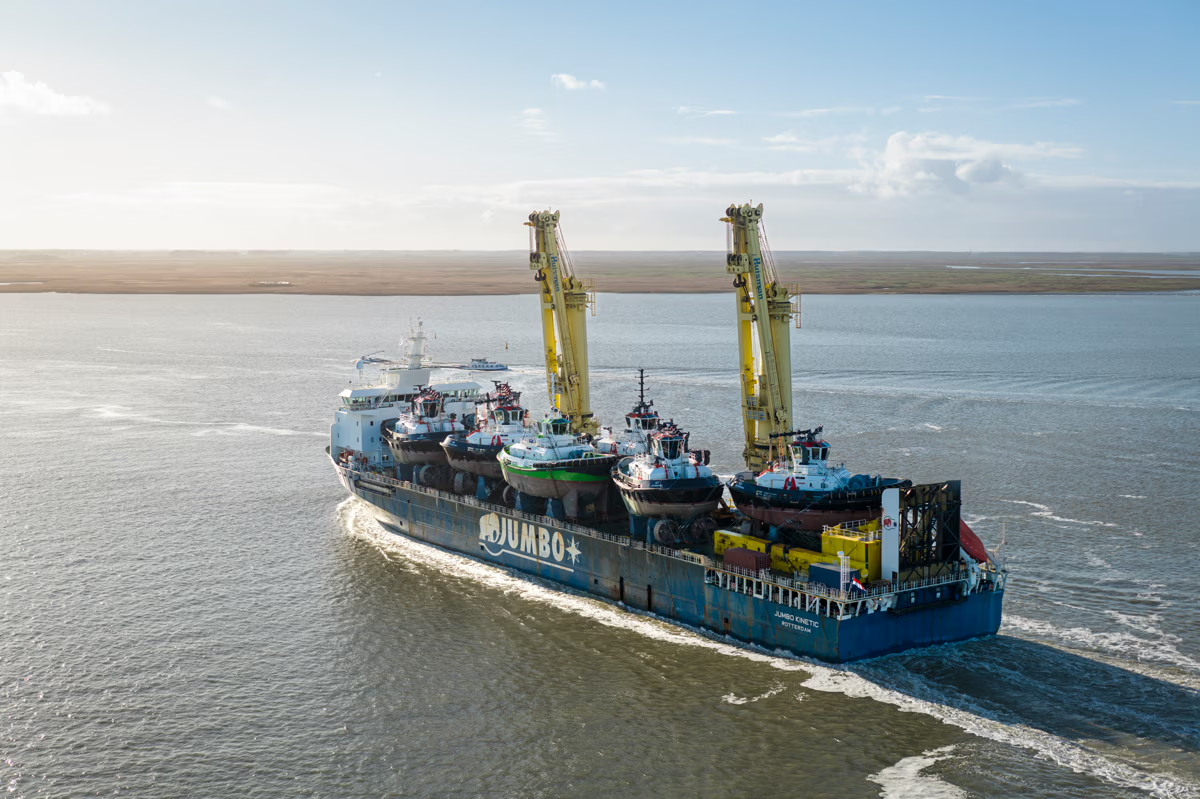EU is looking to increase the pressure militarily
 The European Union is aiming to step up the pressure on the “business model” used by pirates hijacking ships off Somalia, be that in terms of their financial transactions, their procurement of assets, their seizing of ships, the negotiation process and the money they obtain from ransoms.
The European Union is aiming to step up the pressure on the “business model” used by pirates hijacking ships off Somalia, be that in terms of their financial transactions, their procurement of assets, their seizing of ships, the negotiation process and the money they obtain from ransoms.
Speaking at a press conference here June 19, British Rear Adm. Duncan Potts, commander of the EU Naval Force operating off Somalia, explained that the EU is looking to “increase the pressure militarily and to support the EU’s special representative for the Horn of Africa to enhance governance and security and provide alternative livelihoods [e.g. fishing] for Somalians.”
In March, the EU extended EU NAVFOR’s mandate to 2014 and expanded the area of operations to include the Somalia coast as well as its territorial and internal waters, enabling it to disrupt pirate logistical dumps.
Potts said he would disrupt such areas “when the conditions necessitate using it,” and that care would be taken to ensure that innocent coastal communities are not affected.
“The beach is a critical capability [for the pirates]. They must come from and go back to the beach,” he said.
In the first half of 2011, 28 ocean-going merchant ships were pirated for a ransom. This figure fell to three in the second half of last year. The figure for the first half of 2012 stands at five.
Potts cautioned that all of the operation’s tactical success is “reversible” if the pressure is not maintained, if industry does not take measures to look after itself, and if the issue of governance in Somalia is not addressed.
Private armed security teams on merchant ships had “100 percent success in deterring acts of piracy,” he said, and an “obstinate 20 to 30 percent of the market were not taking any measures at all.
“The end of piracy is set by conditions ashore,” Potts added. “There is no silver bullet for counterpiracy. You need to pull on all the levers, some judicial, some financial, some military and some governance/security. The EU, as one institution, can pull many of those levers.”
Potts also said, “The biggest challenge was not of specific capabilities, but of scale and mass,” because the area of operations is “larger than the EU.”
Maritime patrol aircraft and frigates with onboard helicopters are assets always in demand, he added.
Source: SaveOurSeafarers


























































